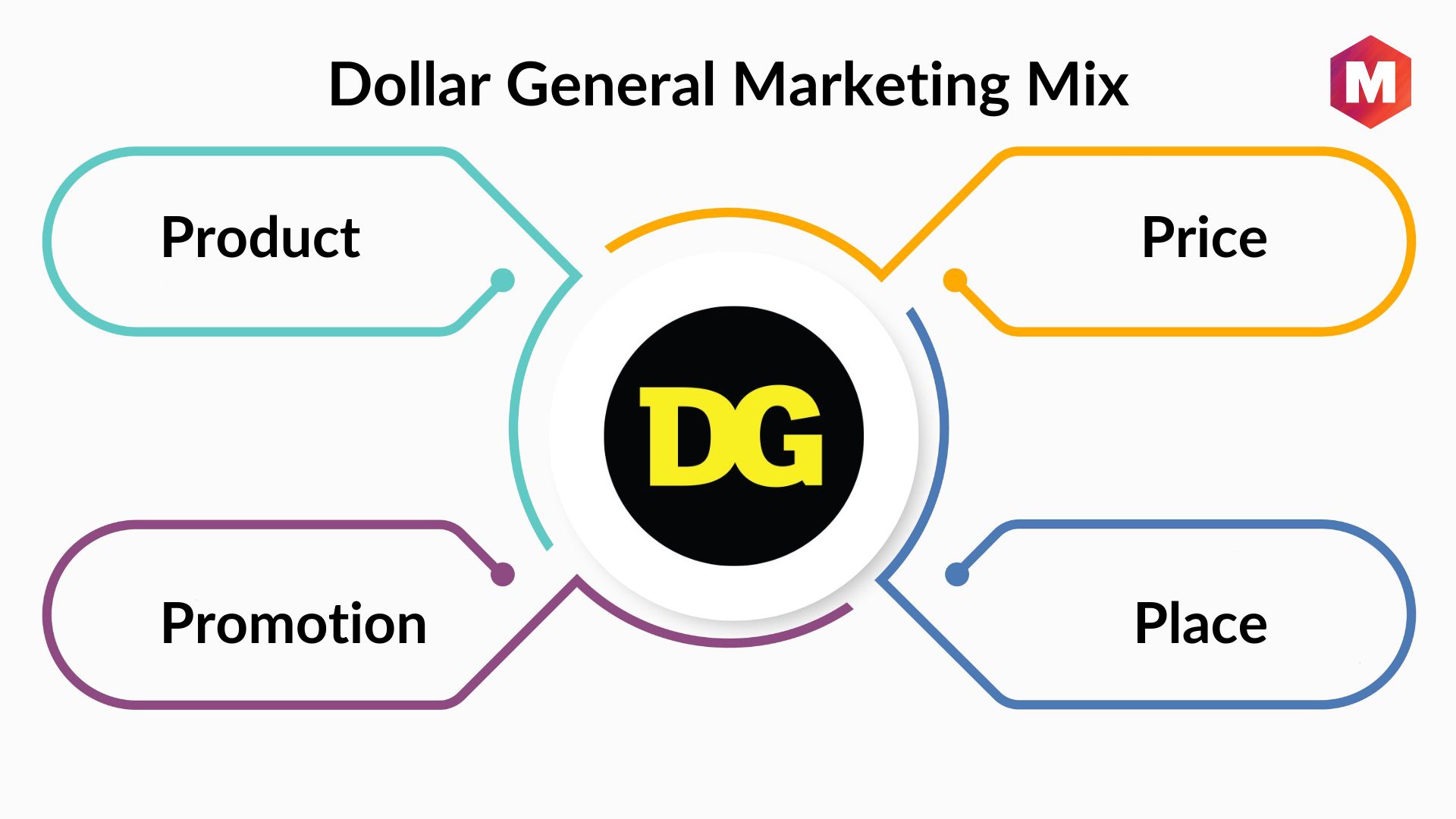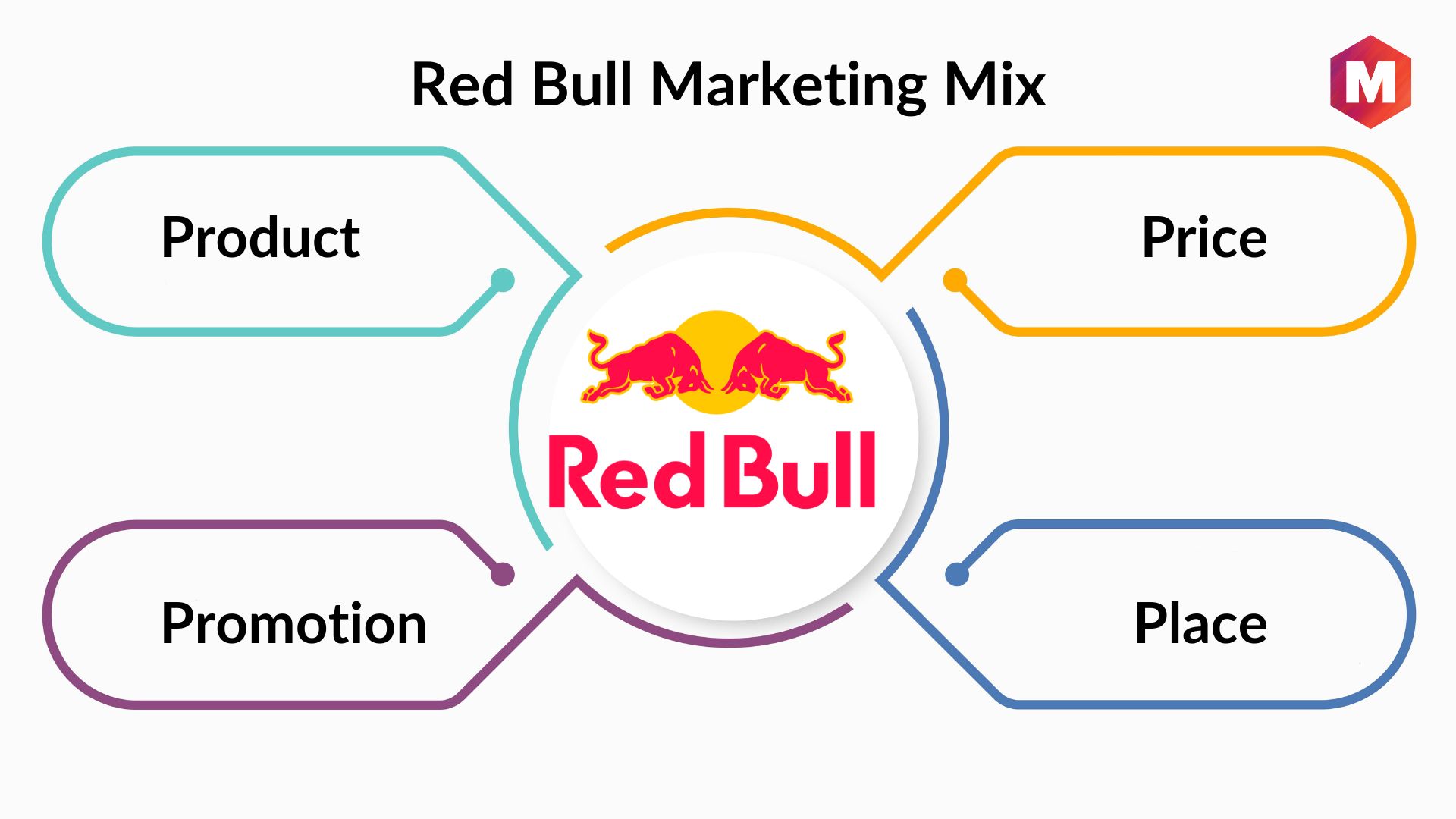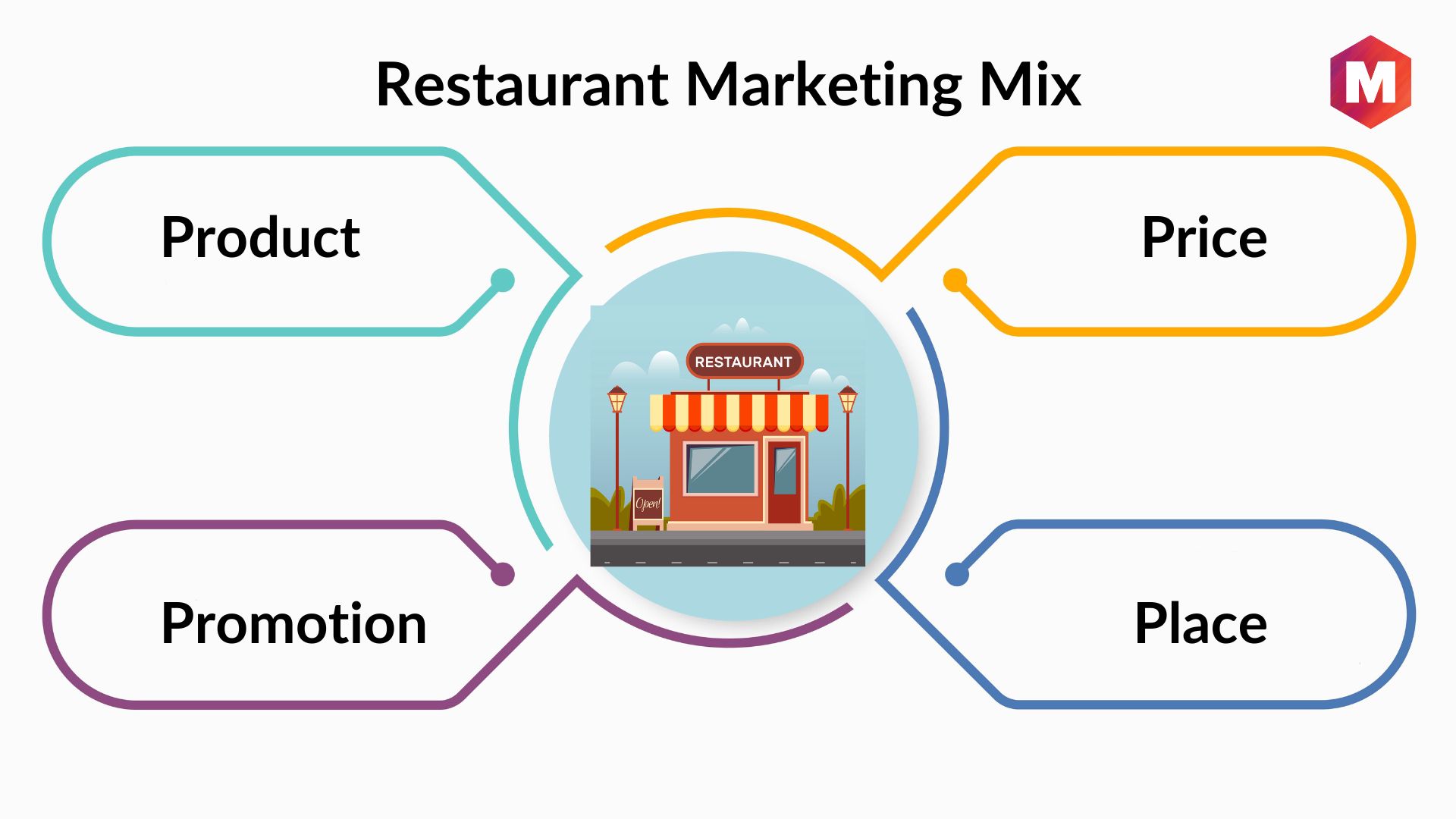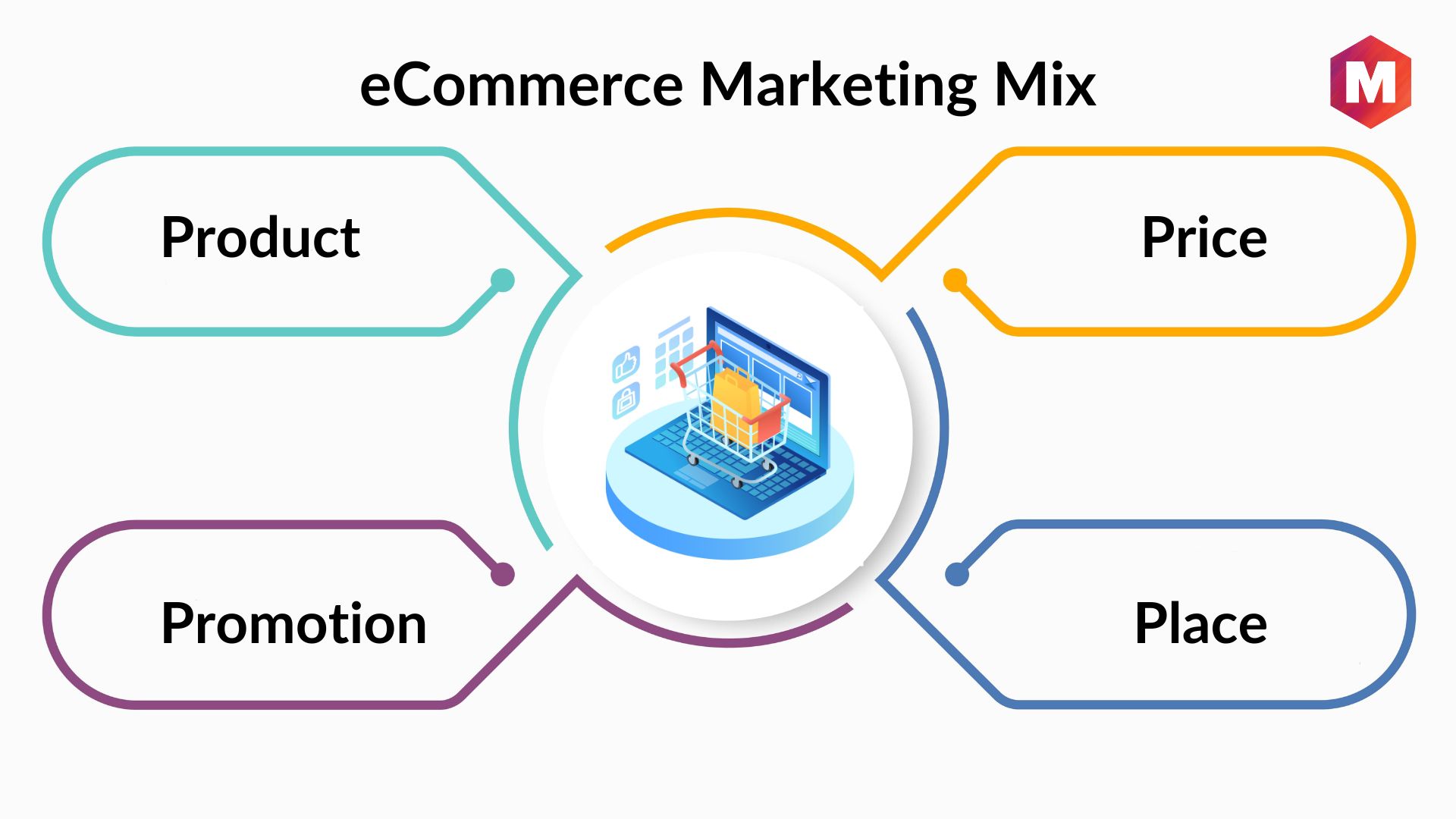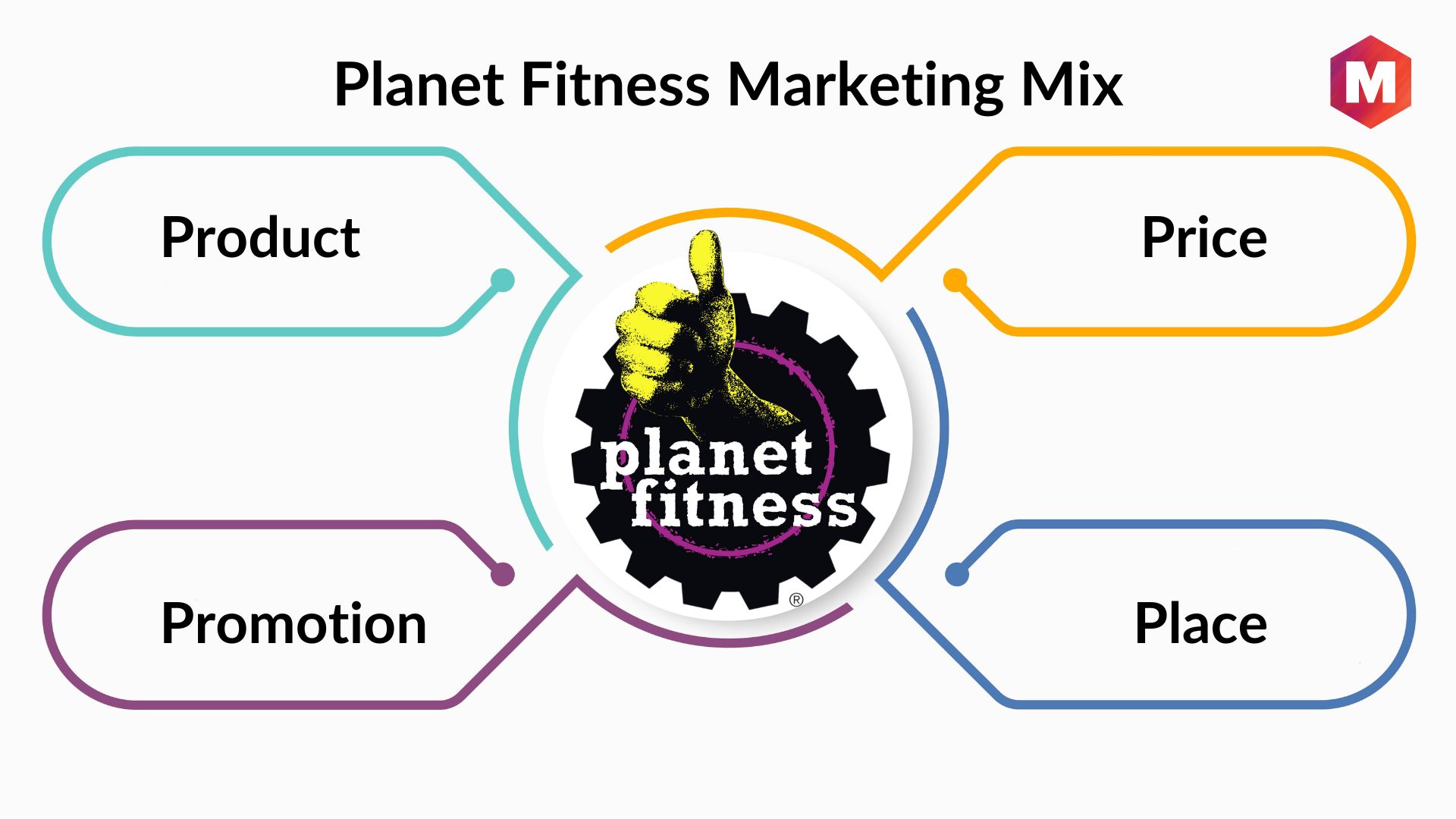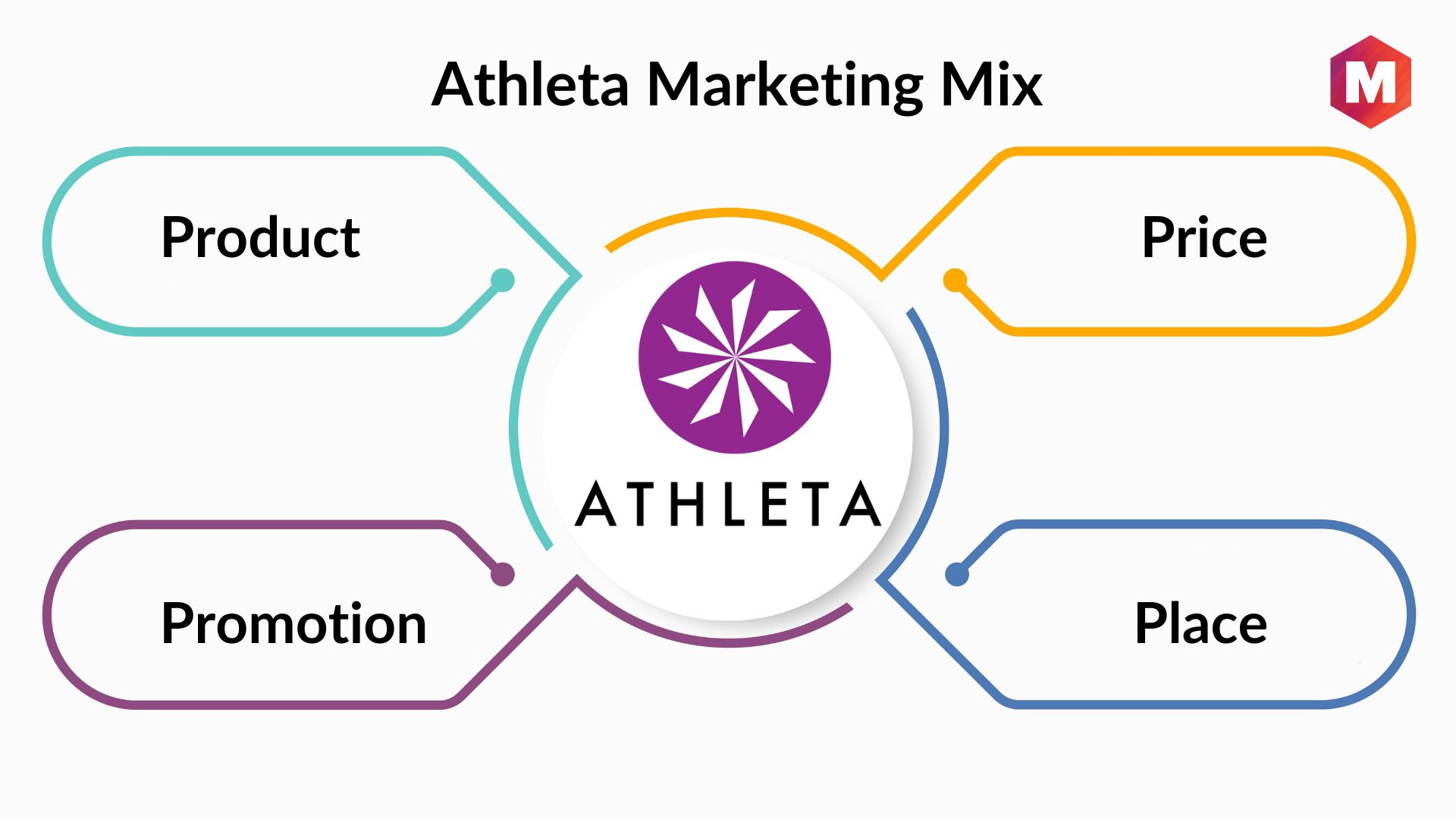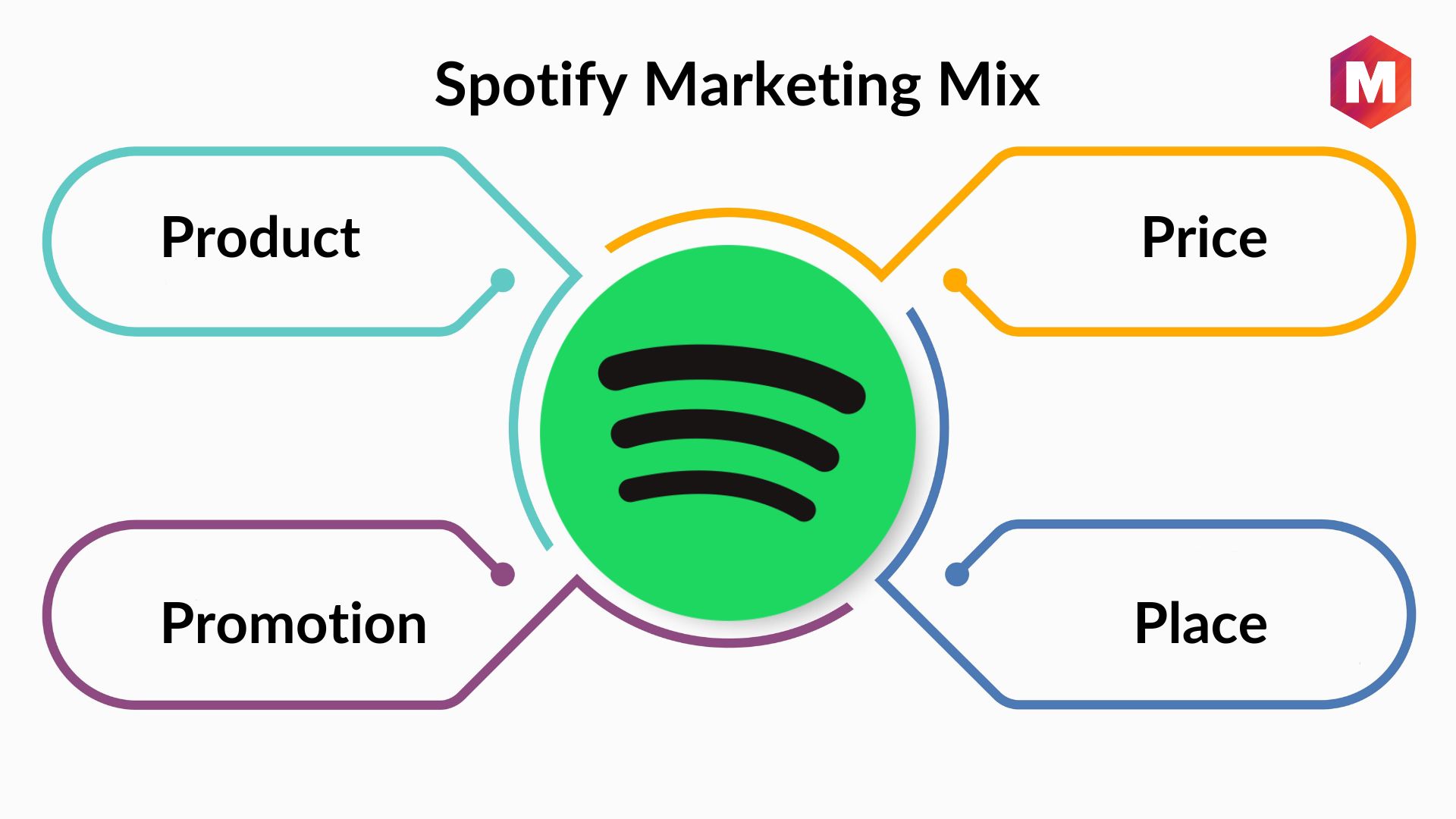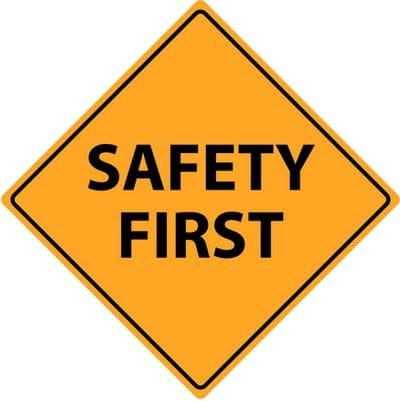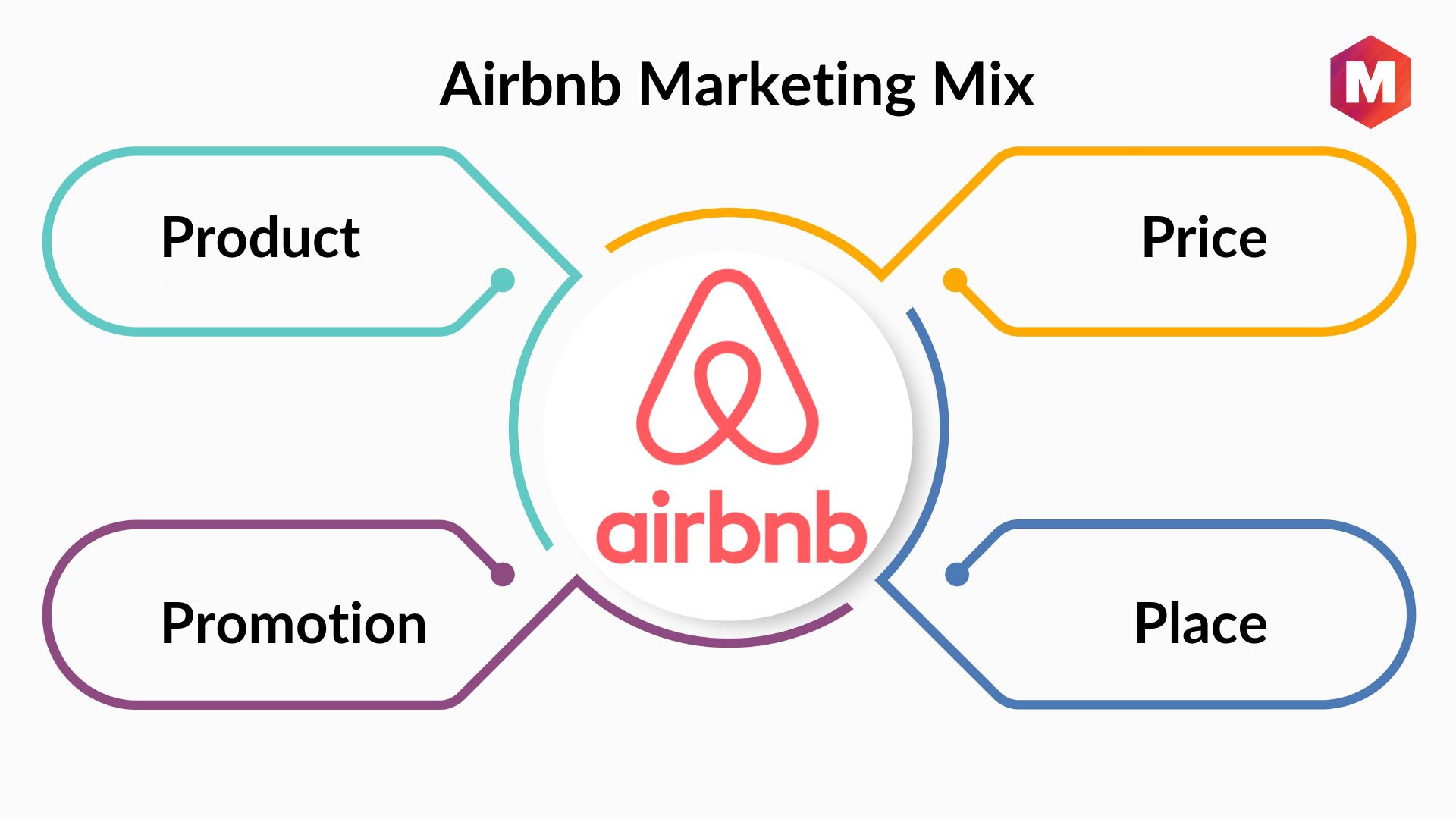Job Involvement is the psychological connection a person has with their job. Employees who have intense job involvement take pride in and are passionately invested…
Job Promotions: Definition, Types and Objectives
When an employer believes in the aptitude of one of their employees, they may reward them with a job promotion – often accompanied by improved…
Intrinsic Rewards: Definition, Examples, Types & Advantages
Internal rewards come from within, giving us a unique and exclusive feeling of success. They are emotional fulfilments that arise as we gain accomplishments, advance…
How to Learn from Competitors? 10 Smart Ways to Understand Competition
Staying ahead of the competition is inevitable for any business and one key strategy you can use to do so is – learning from competitors….
Internal Customer Service: Definition, Best Practices and Examples
When we talk about internal customer service, what comes to mind is the exemplary treatment of customers from within an organization. Internal customers are those…
Dollar General Marketing Mix (4Ps)
The Dollar General marketing mix framework has helped to create a customer-centric business model. The marketing strategies can help loyal customers to save money, retain…
Customer Reviews: Definition, Importance and Strategies
A customer review conveys an individual’s experience with your company. Customer feedback is a valuable resource for businesses, with the potential to boost sales and…
Marketing Mix Of Red Bull and 4Ps (Updated 2025)
The Marketing mix of Red Bull analyses the 4Ps of Red Bull, including the Product, Price, Place, and Promotions. The Red Bull marketing mix framework…
Restaurant Marketing Mix and 7Ps (Updated 2025)
The Marketing mix of Restaurant analyses the 7Ps of Restaurant which includes the Product, Price, Place, Promotion, People, Physical Evidence and Process of Restaurant. The…
eCommerce Marketing Mix
eCommerce marketing mix considers the best eCommerce marketing strategies, marketing tools, eCommerce marketing tips, and marketing tactics to create a concise and clear eCommerce marketing…
Marketing Mix Of Planet Fitness and 7Ps (Updated 2025)
The Marketing mix of Planet Fitness analyses the 7Ps of Planet Fitness, which include the Product, Price, Place, Promotion, People, Physical Evidence, and Process of…
Athleta Marketing Mix and Strategy (4Ps)
The Athleta marketing mix framework is an important tool that the catalog and online retailer uses to promote its products, target different customer segments, provide…
Marketing Mix Of Spotify and 7Ps (Updated 2025)
The Marketing mix of Spotify analyses the 7Ps of Spotify, which includes the Product, Price, Place, Promotion, People, Physical Evidence, and Process of Spotify. The…
Product Recall: Definition, Process, Examples & Risks
A product recall is a recall or request made by a manufacturer to return a product after the revelation of safety issues or product defects…
Airbnb Marketing Mix (4Ps) and Strategy
The Airbnb marketing mix framework has helped in creating an effective Airbnb marketing strategy that will position the brand firmly on top of the rental…





